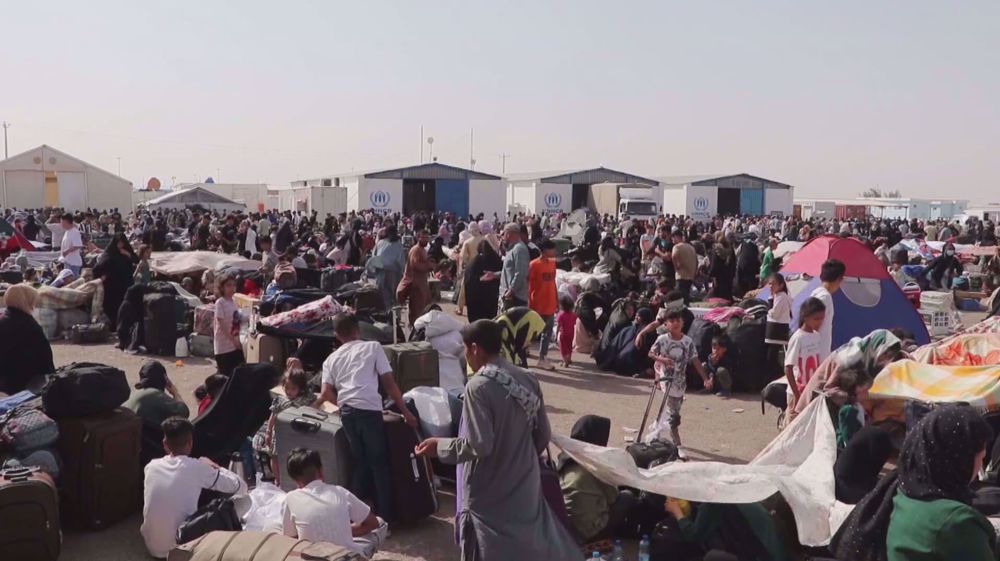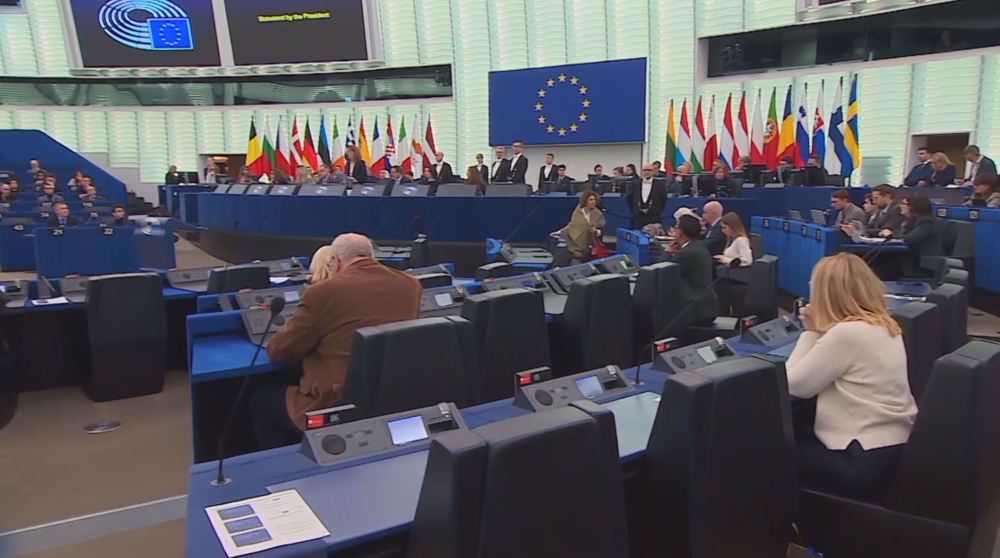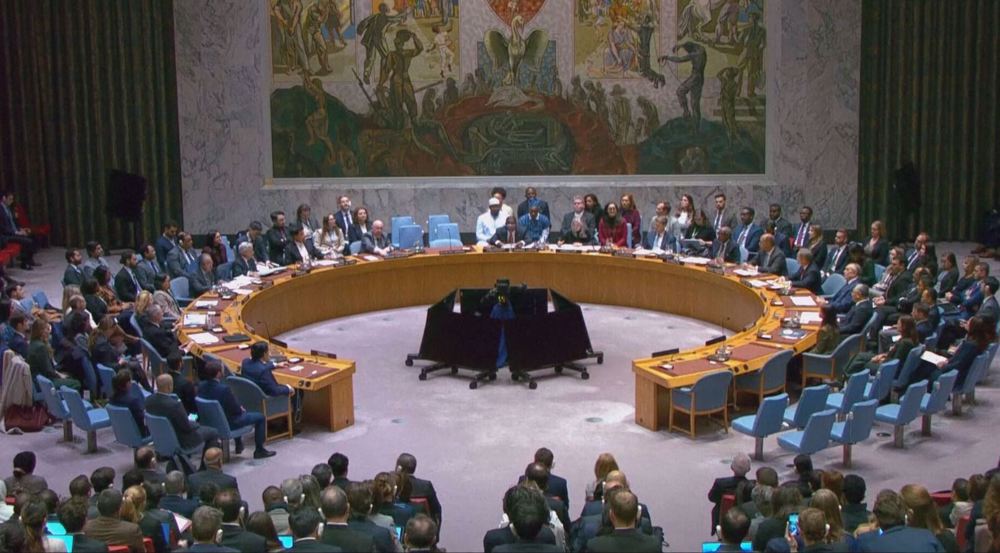EU accuses UK of banning coronavirus vaccine exports to bloc
Bianca Rahimi
Press TV, London
Faced with production problems with the Pfizer-BioNTech, Moderna and Oxford-AstraZeneca vaccines, the European Union has blocked shipments to places like Australia amid shortages. Meanwhile the European Council has accused the UK of imposing an "outright ban" on the export of Covid-19 vaccines to the bloc.
The UK’s Foreign Secretary Dominic Raab has written a letter to set the record straight, saying the claims are false. However, the European Council President Charles Michel does not seem to be convinced.
For many member states, why the EU vaccine procurement and distribution process is waning does not really matter. They want to stop the dying, reignite their battered economies and secure election votes. Therefore, they are looking elsewhere for supplies.
Hungary got its first shipment of Russia’s Sputnik-V vaccines on the 4th of March and in just a week, has made good on its promise to become one of the bloc’s most vaccinated countries.
The EU has not approved the Russian vaccine, but on Tuesday, Moscow signed a deal to produce 10 million doses of Sputnik-V in Italy by July.
The retail, entertainment and tourism sectors as well as the airline industry are desperate to get back on track and mitigate their lockdown losses. But for that to happen, enough people need to be inoculated.
The Organization for Economic Cooperation and Development has chided the EU for the slow pace of its vaccine drive.
On the other hand, it has forecast a rapid economic recovery for the UK, which has given one in three adults their first dose.
The OECD says speed is of the essence and is urging the EU to get on "a war footing" when it comes to vaccine distribution.
VIDEO | Trump's Iran blunders
Senior cmdr. strongly warns Trump following rhetorical remarks concerning Leader
EU Parliament halts US trade deal after Trump tariff threat
VIDEO | An unchecked presidency
VIDEO | Deportations strain Afghanistan’s fragile economy
‘Full-scale atrocity’: Iran security body reports 2,427 martyrs in US-Israeli-led riots
Smallest coffins are the heaviest: The three youngest victims of foreign-backed riots in Iran
Hamas warns of ‘systematic Israeli violations’ as Gaza ceasefire teeters









 This makes it easy to access the Press TV website
This makes it easy to access the Press TV website